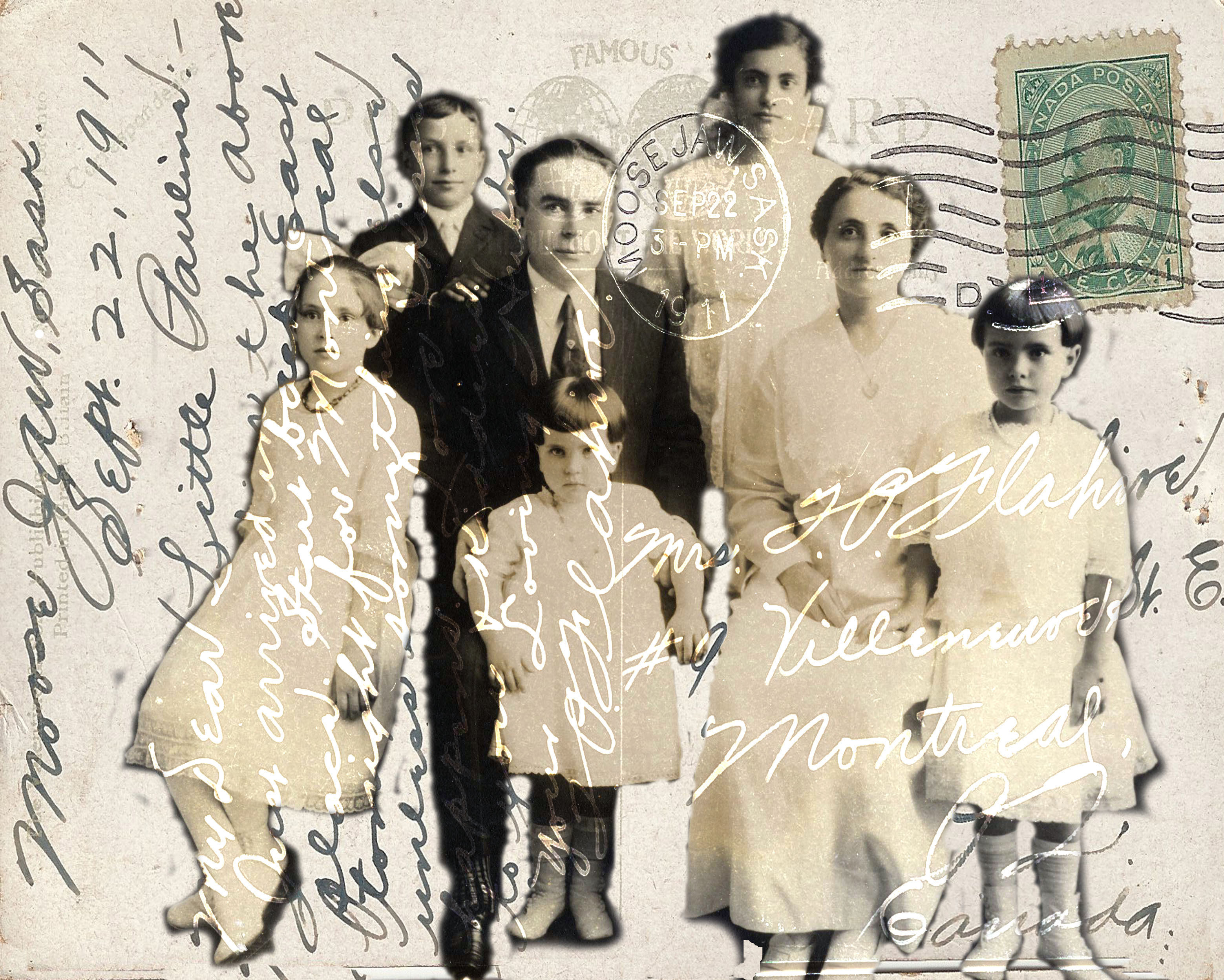
Downy flakes brush our cheeks
as we in winter’s beauty ski.
Such stuff as dreams are made of –
our little life rounded with sleep.

Downy flakes brush our cheeks
as we in winter’s beauty ski.
Such stuff as dreams are made of –
our little life rounded with sleep.

When I was 54 years old my Mother died. She who read to me from Mother Goose, The Elves & Fairies, The Little Engine That Could, Hans Christian Andersen; she who encouraged education and reading books was gone.
The world still feels parched without her. But my feelings about her have been and will always be confusing. Her stubborn, Taurus nature was crazy-making.
When I summon her, the words of Dylan Thomas’ poem Do Not Go Gentle Into That Good Night surface:
Do not go gentle into that good night,
old age should burn and rave at close of day;
rage, rage against the dying of the light.
Did he know Mother personally? Her death at age ninety-three after soldiering on in a nursing home for eight years was combative, to say the least. She wandered into the rooms of comatose residents and unplugged television cords. My sister had to move her to a different nursing home.
We joked that that at least Mother’s cord-pulling was not someone’s life support.
There were other incidents: She bit a nurse trying to give her a pill. She hurled bottles of nail polish across the room, set off Emergency Door Alarms. Once, I found her gripping her roommate’s Infant of Prague statue in her bony hand. The roommate was blind and Mother had pocketed it. How not to laugh at that irony?
Was the Infant of Prague caper Mother’s attempt to find spirituality?
Having lived her youth in the 1920’s Prohibition era with its gangsters and flappers, she refused to be defined by any institution or person other than herself.
Was she a narcissist? I think so.
Prohibition did not stop her from getting sick on uncut grain alcohol one night when a shadowy man offered whiskey to her and her sister. They had been frolicking at the Chicago World’s Fair of 1932. Luckily, they both made it home to my grandmother’s flat in the morning, grandmother not at all happy to nurse their hangovers.
Later, in the 1960’s, her soapbox deliveries of opinions and stories not only reverberated in my echo chamber but those of the small town of Mundelein, Illinois. She wrote a newspaper column, Brickbats and Bouquets, for the local newspaper. Her subjects ranged from her opinions on suburban strip malls, to the divorce of Lucille Ball and Desi Arnez, to her praise of bird-watchers.
She encouraged me to write with her when I was a girl. This snip still rattles in my head:
Hair in curlers, cream on face;
no resemblance, human race.
I picture her slathered in Ponds cold crème, her black hair woven into an antennae of curlers looking like a martian.
It is over a decade since her passing. I have seen her rage against the dying of the light at an institution that tried to contain her spirit. I have seen her rage at me and my sister.
She has shown up only a few times in my dreams, but I believe that instead of curses, she blesses me now with fierce tears.
I aim peanuts at the moon. She would be happy to know just how unforgettable she is.

Sometimes, behind the skin of the wall, she finds the Trainman.
He rode the rails to Canada in 1906:
New York to Ontario, Toronto to Winnepeg, Calgary to Vancouver.
Did he have hobo dreams?
He writes postcards to his wife:
A detour in Montreal, a wash-out near Fort Nelson;
a quick shave, a layover in Portage LaPrairie.
“Hoping you and kiddies are well and full of prunes.”
The granddaughter peels layers of memory, travels to what is behind her:
The bleat of a train horn echoing beyond the Illinois cornfield
where she wandered as a girl;
the clatter of cars on the track clack clacking away
as she watched amid the withered maize.
Was it the Trainman who tracked her arteries,
jangled her bones as she glimpsed the red caboose
wobble away to grown-up destinations?
If she were to go behind the skin of her cheek;
if she were to swab for DNA, test her cells, peel away a pattern –
what would she find on her maternal track?
Nothing pressed her to do this.
She had a fondness for mystery.